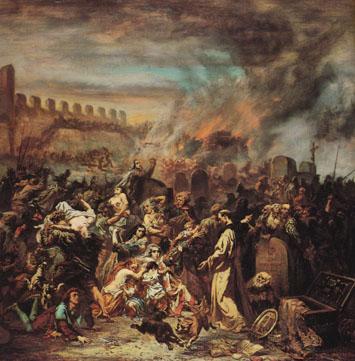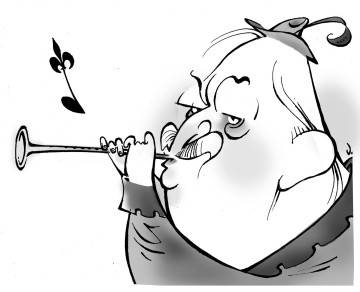Today is the 44th anniversary of the Beatles’ last concert at Candlestick Park, San Francisco.
Fifty-five seconds of lousy video that nicely captures what it must have been like to be there, here.
This was the Beatles’ last concert but not their last public performance, which didn’t occur till three years later on January 30th 1969. A much better clip of that event after the jump. (Notice how Austen Powers-y London looks: check out Ringo in his red plastic mac.)
Frye in discussion with Robert Fulford and Marty Gross on the ritualistic element of Beatles concerts:
[Fulford discusses the human need for ritual, as seen for instance in the intense emotion of the audience at a Beatles concert where the music could not be heard above the audience’s screams.]
Frye: You need different rituals at different times. There is something in the pantomime, where you don’t hear the words, that has a very direct childlike appeal. So it didn’t matter whether you heard the Beatles, as long as you saw them. The response to the aural stimulus is something that develops much more gradually. (CW 24, 542)
Perhaps that’s what makes the next clip so poignant. There’s no more Beatlemania, no more adolescent girls screaming like Bacchantes. The Beatles’ last audience was just a random collection of people (including a number of noticeably middle-aged Londoners, who are somewhat stiff and formal but evidently still fans) who found their way to nearby rooftops so that they could watch and hear the Beatles in public for what turned out to be the last time.



